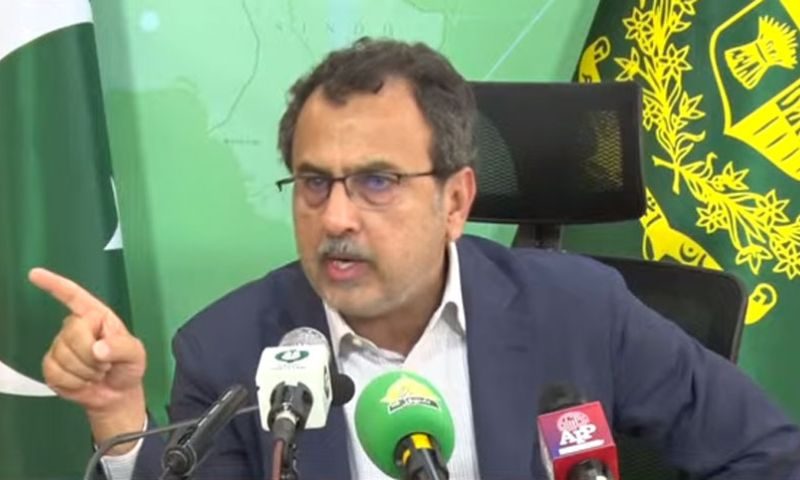The genesis of Pakistan’s power sector challenges can be traced back to a decade ago when the country, facing severe energy shortages, approved numerous private projects by IPPs

By Asghar Ali Mubarak
ISLAMABAD: Pakistan’s government is actively renegotiating contracts with independent power producers (IPPs) to address the country’s unsustainable electricity tariffs, which have exacerbated the economic strain on households and businesses. Power Minister Awais Leghari articulated the urgency of these negotiations in an interview with Reuters on Friday, highlighting the dire situation created by the soaring energy costs.
The country is grappling with escalating power tariffs that have contributed to social unrest and the shuttering of industries, further straining an economy that has already experienced two contractions in recent years amid record inflation. Minister Leghari emphasized that the existing electricity price structure is untenable and that a recalibration is necessary to alleviate the economic burden on consumers and businesses alike.
The genesis of Pakistan’s power sector challenges can be traced back to a decade ago when the country, facing severe energy shortages, approved numerous private projects by IPPs. These agreements were largely funded by foreign loans and featured attractive terms, including high guaranteed returns and payments for unused power. However, the sustained economic crisis has diminished power consumption, leaving Pakistan with an excess capacity that it is obligated to pay for, further inflating consumer bills.
The power minister revealed that negotiations are ongoing between the government and power producers to address these issues. Key areas of focus include reducing guaranteed returns, capping dollar rates, and moving away from payments for unused power. These discussions aim to realign the contractual terms to better reflect current economic realities while preserving the sustainability of the power sector.
According to local media reports, there have been proposals to transition from a capacity-based model to a take-and-pay model, with 24 conditions being suggested. Despite these proposals, Minister Leghari stressed that no formal drafts or specific demands have been officially communicated to power companies. The government intends to engage in discussions with IPPs in a professional manner, emphasizing that any contract revisions would be made by mutual consent rather than through coercion.
The push for contract renegotiations is part of a broader effort to stabilize the energy sector, which was a critical component of Pakistan’s recent agreement with the International Monetary Fund (IMF) for a $7 billion bailout.
#PakistanEnergyCrisis, #PowerTariffs, #IPPRenegotiations, #AwaisLeghari, #ElectricityPrices, #EnergySector, #PowerProducers, #EconomicBurden, #EnergyReform, #ElectricityContracts, #CapacityPayments, #TakeAndPayModel, #PakistanEconomy, #IMFAgreement, #EnergySustainability



